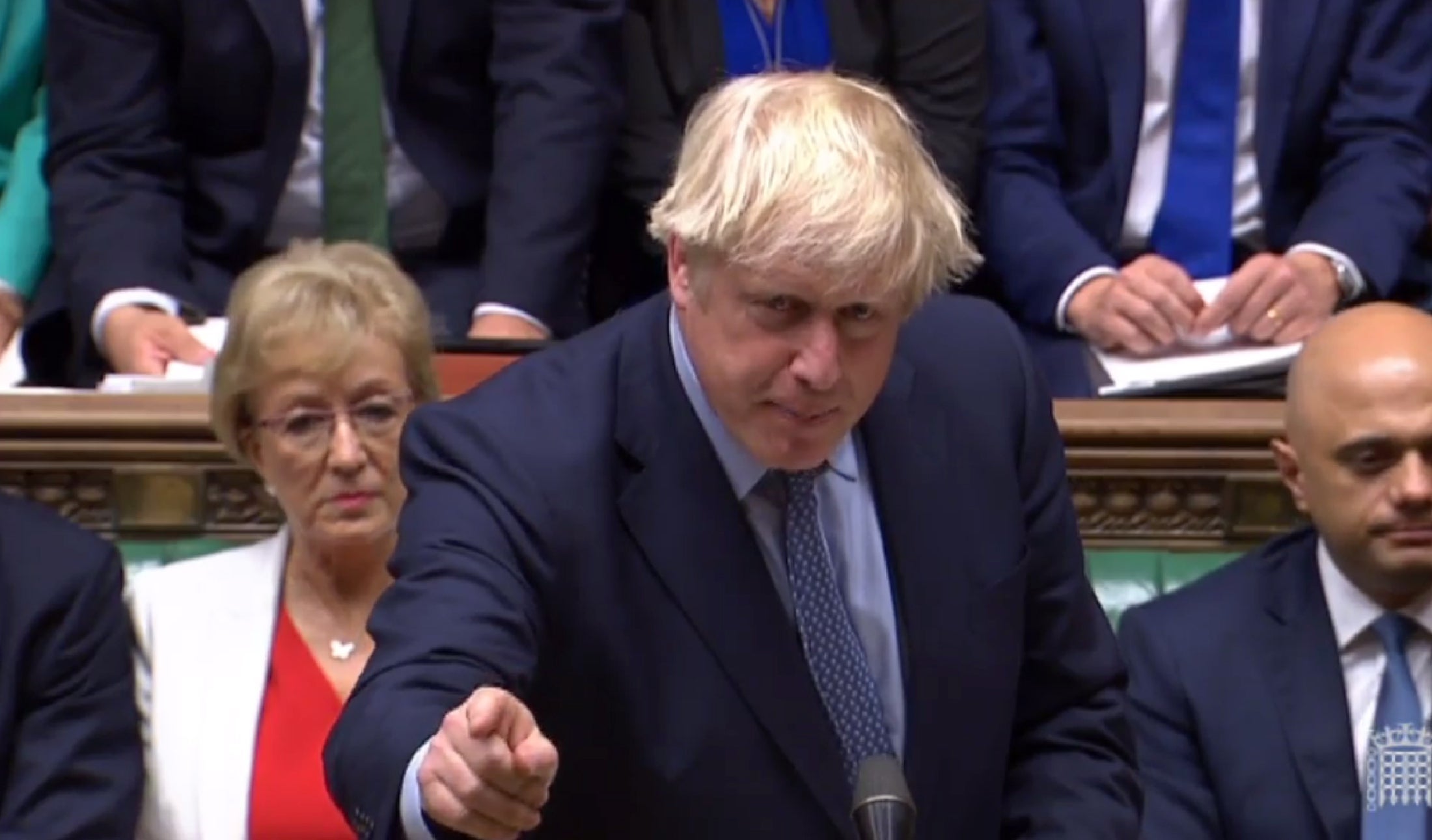Johnson’s expensive tax cuts for higher earners are hard to justify, think tank says
Slashing taxes now is risky, given state of economy, government spending plans and ageing population, Institute for Fiscal Studies argues

Your support helps us to tell the story
From reproductive rights to climate change to Big Tech, The Independent is on the ground when the story is developing. Whether it's investigating the financials of Elon Musk's pro-Trump PAC or producing our latest documentary, 'The A Word', which shines a light on the American women fighting for reproductive rights, we know how important it is to parse out the facts from the messaging.
At such a critical moment in US history, we need reporters on the ground. Your donation allows us to keep sending journalists to speak to both sides of the story.
The Independent is trusted by Americans across the entire political spectrum. And unlike many other quality news outlets, we choose not to lock Americans out of our reporting and analysis with paywalls. We believe quality journalism should be available to everyone, paid for by those who can afford it.
Your support makes all the difference.The tax cuts promised by Boris Johnson, which would cost billions and benefit mostly higher earners, are hard to justify, the Institute for Fiscal Studies (IFS) has suggested, proposing a different way to help people on low incomes.
During his leadership campaign, Mr Johnson tempered his pledge to raise the threshold at which the higher rate of income tax kicks in with a measure that would include lower earners too: to take more people out of paying National Insurance.
But even that additional measure would mainly boost the incomes of the richest 30 per cent of households, the IFS says in a study that expands on its June analysis of Mr Johnson’s pledges.
The institute argues that slashing taxes now is risky, given the precarious state of the economy and the government’s plans to raise spending. Moreover, as IFS economist Xiaowei Xu points out, the UK population is ageing, meaning that taxes will probably have to rise rather than fall over the next decade.
Therefore, tax cuts would make sense only if they reduced inequality in some way, promoted economic growth or made the tax system more efficient, the IFS suggests.
“It is hard to see how the prime minister’s plans to raise the higher rate threshold in income tax from £50,000 to £80,000 and to raise the point at which people start paying National Insurance contributions – by an as-yet unspecified amount – meet those criteria,” it says.
Raising the higher rate threshold in the 2020-21 fiscal year would cost £9bn per year and reduce taxes only for the richest 8 per cent of people, according to calculations by the IFS. The costly measure would not do much to improve the incentive to work either.
Meanwhile, if the aim is to help the lowest earners, there is a much more effective and vastly cheaper way to do that than the change to National Insurance contributions, the institute says. It suggests instead increasing so-called work allowances under Universal Credit.
For example, spending £3bn for that purpose could raise the incomes of the poorest fifth of households by 1.5 per cent. In contrast, spending as much on the National Insurance reform would result in a lift of only 0.1 per cent, the IFS has found.
A work allowance is the amount eligible workers can earn before their Universal Credit payments are reduced. Only claimants with children or a disabled family member qualify.
The monthly work allowances are currently set at £287 if the claimant’s Universal Credit includes housing support and £503 otherwise.
Join our commenting forum
Join thought-provoking conversations, follow other Independent readers and see their replies
Comments